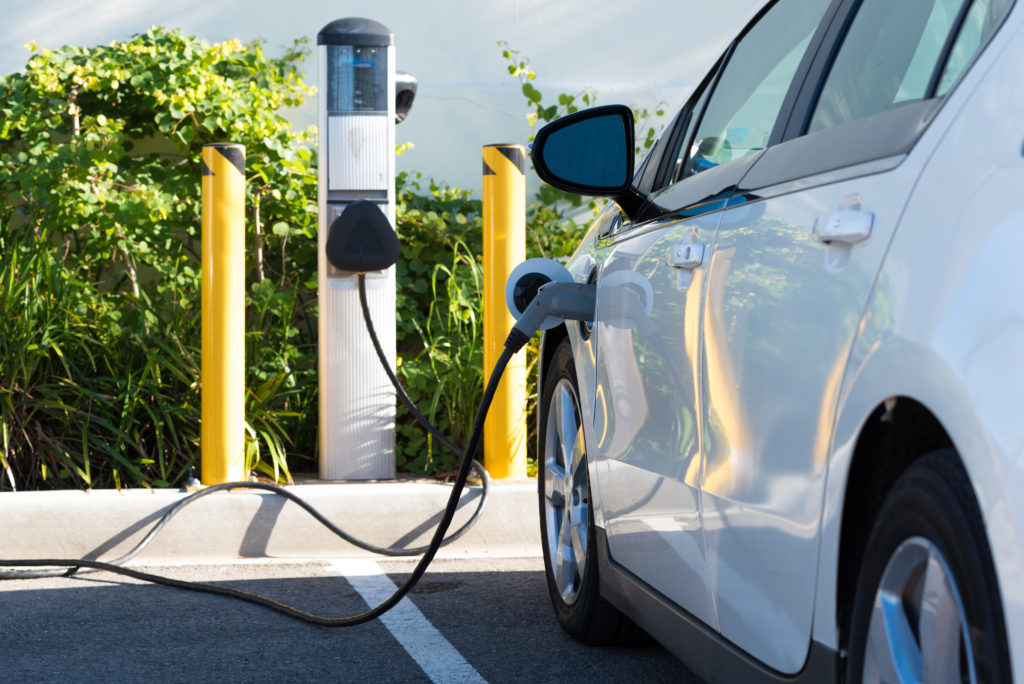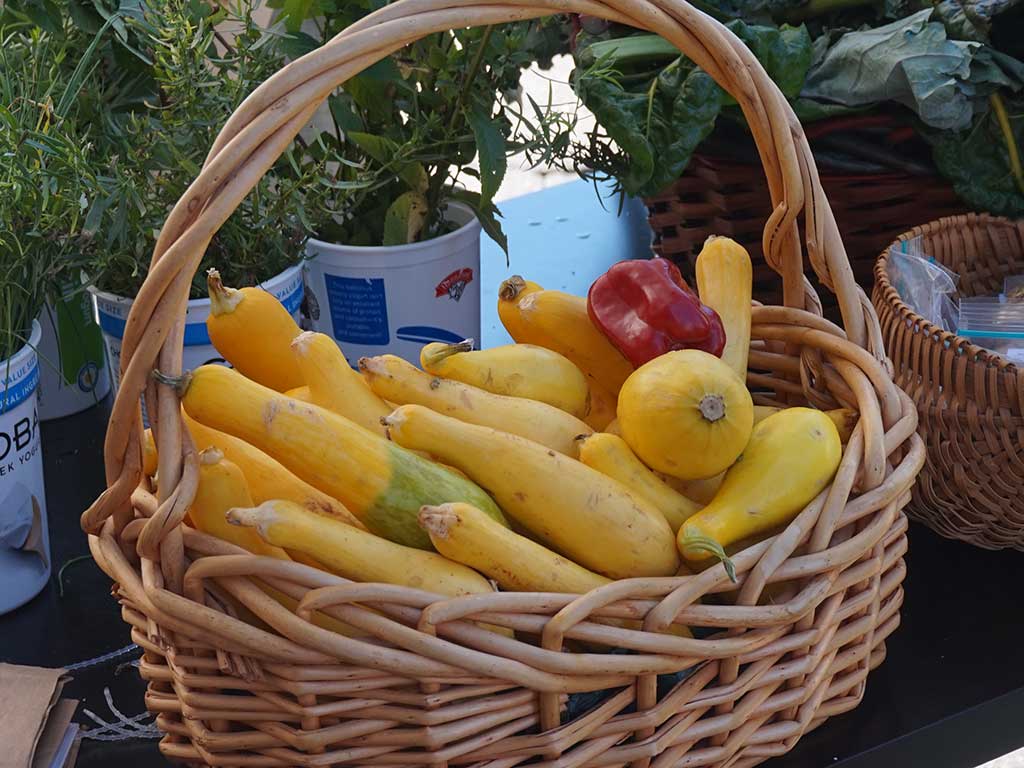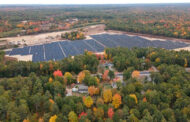
“The use and sustainability of transportation cannot be separated from how and where people live, work, and play; two major influences going forward will be the design of the urban environment and reduction of excess consumption.”
–excerpt from “Drawdown” by Paul Hawken
MORE EFFICIENT TRANSIT REDUCES NEED FOR FOSSIL FUELS

Transportation accounts for 31% of Portland’s greenhouse gas emissions. One Climate Future (OCF) Transportation and Land Use strategies flow from a “vision for a connected, carbon neutral transportation sector that is nothing short of transformational.” Strategies include expanding our use of public transit, active transportation (walking and biking), and when we need to drive using electric vehicles.
Ideally, we will create connected neighborhoods where it is “easy to push a stroller to the park, roll a wheelchair to the grocery store, ride your bike to school, and take the bus to a new job opportunity.” To do this, we will employ safer street designs, build out our network of bikeways, and radically expand public transit to make it more accessible and seamless. Also, we will cluster houses and businesses nearer to transit. So that by 2035, 26% of trips in the cities will use public transit or active transportation! Meanwhile, conveniently located housing stock will be increased meeting workforce demand.
Since preserving our climate requires that we dramatically reduce greenhouse gases, we need to wean ourselves off fossil fuels. Due to tight timelines, we are likely to see some early results quickly.
Look for:
- Better coordinated, more accessible public transit (e.g., the Smart Corridor from Morrill’s Corner to Bug Light Park).
- Roadway designs employing dedicated lanes, prioritized signals, and upgraded stops.
- Transit-oriented development: clusters of housing and facilities along efficient transit lines.
- Complete Neighborhoods: mixes of housing with other uses that reduce the need for transportation.
- Improved opportunities for cycling and walking.
- Expanded availability of housing to live in town (2,557 new housing units by 2030).
- Development by “filling-in” rather than “spreading-out” to preserve forests, wetlands, and heathy soils (thereby sequestering and storing carbon).
- Electrification of all transit modes.
BRIGHT IDEA: Start walking, biking, or using public transit to get around. Use your actions to promote the plan.
By working together, we can increase mobility, equity, and economic opportunity while reducing carbon emissions.
Access the full draft of the OCF plan at www.oneclimatefutuire.org under “Reports.”
Bright Ideas is brought to you by Portland Climate Action Team which, during the pandemic, meets on-line the 4th Thursday of the month, 6-7:30 PM. All are welcome to join in. FMI: portlandclimateaction@gmail.com.





